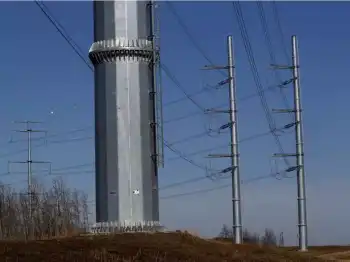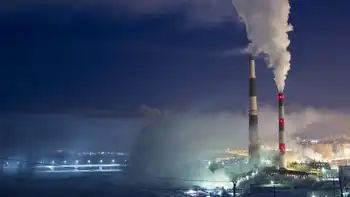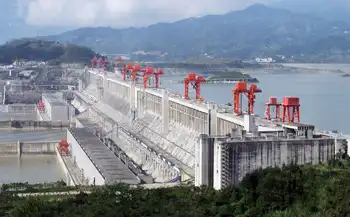Fresh reactor leaks renew concerns about safety, transparency
By Globe and Mail
NFPA 70e Training
Our customized live online or in‑person group training can be delivered to your staff at your location.

- Live Online
- 6 hours Instructor-led
- Group Training Available
The reactor at Chalk River was shut down for maintenance early in December. When it was restarted on December 5, heavy water was discovered to be leaking into a collection system designed to prevent the toxic liquid from spilling into the nearby Ottawa River.
"The reactor starter process was stopped immediately and the leak stopped at the same time," said Dale Coffin, a spokesman for Atomic Energy of Canada Ltd., the Crown corporation that owns the reactor.
A small amount of radioactive tritium was released into the air, and about 50 kilograms of heavy water spilled into the sump below the reactor. "There was never any harm or impact to the employees or the community," Mr. Coffin said.
Meanwhile, another leak was discovered soon afterward along the seam in a reflector tank full of ordinary water.
That water "doesn't come in contact with the radioactive part of the reactor," said Mr. Coffin. "That water is collected as well and it is taken to our waste-water treatment centre and processed that way."
A year ago, the Canadian Nuclear Safety Commission shut down the reactor over concerns that mandated safety upgrades had not been conducted.
When the shutdown delayed medical procedures around the world, the government ordered that the reactor be put back in service and eventually fired the president of the CNSC.
Media reports about the new leaks suggested that the nuclear safety commission failed to report them to the government, prompting critics to say they had been "veiled in secrecy."
The CNSC issued a release saying that incidents presented no health risk - and that AECL had been prompt in reporting them.
But critics still demanded to know why the public was unaware of the incidents for nearly two months. "I think this highlights the need for transparency," said Geoff Regan, the Liberal natural resources critic.
Lisa Raitt, the Minister of Natural Resources, told the House of Commons that she has asked officials in the Department of Natural Resources and the CNSC to "get to the bottom of this."
John Bennett, the communications director for the Green Party, said the CNSC should have ordered the reactor shut down as soon as problems were discovered.
"Of course, is the nuclear safety commission going to shut down that reactor for safety after what happened a year ago?" asked Mr. Bennett. "The people responsible for safety are afraid to shut it down because the last time they held up production, their president got fired."
But Mr. Coffin of AECL said no shutdown was necessary.
"We understand fully our obligations to produce medical isotopes for Canada, and that's a responsibility we take very seriously," he said. "But even above that, the safety operation of our facility is the No. 1 priority."











